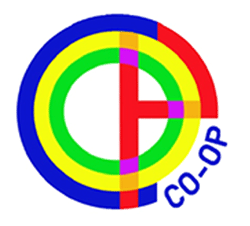Evaluation of The Cognitive Orientation to Daily Occupational Performance (CO-OP) Approach for adolescents with mild intellectual disability
About this project
Project information
The aim is to describe and evaluate CO-OP for adolescents with mild intellectual disability (ID). Treatment options with good evidence to enhance occupational performance for persons with ID are limited, but initial research show potential for CO-OP for this group. CO-OP has good evidence for other groups, such as children with cerebral palsy (CP), with long term effects on occupational performance that transfers to everyday life in a way other treatment options do not. CO-OP has also shown to increase self-efficacy. CO-OP is a unique person-centered approach where the person chooses his/her own goals and creates his/her own strategies to reach them.
 The project is designed in four studies including feasibility, quantitative and qualitative evaluation.
The project is designed in four studies including feasibility, quantitative and qualitative evaluation.
Read more about the method Cognitive Orientation to Occupational Performance (CO-OP) Approach
Researchers
Collaborators
- Marie Peny-Dahlstrand, Göteborgs universitet
- Region Värmland

